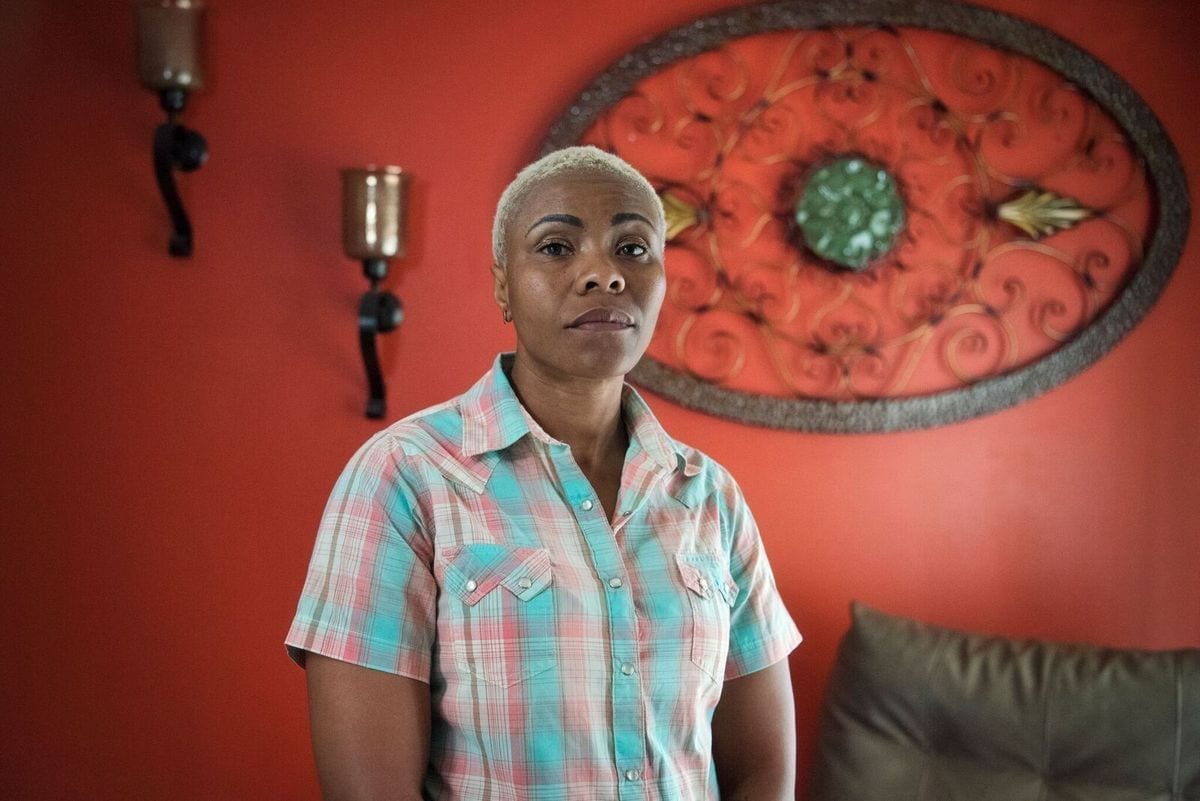The American Civil Liberties Union is launching a lawsuit against South Carolina’s Lexington County, accusing it of running a modern day debtors’ prison.
The ACLU, along with Terrell Marshall Law Group, are targeting what they say is a rampant issue with a class-action suit filed in a U.S. District Court in Columbia, SC.
According to the civil liberties watchdog and its legal ally, Lexington County runs a nasty practice of routinely jailing individuals unable to pay court-ordered fines on time. In some cases, they say, men and women have had bench warrants issued for their arrest mere days after accruing a past-due balance.
Nusrat Choudhury, the senior staff attorney with ACLU’s Racial Justice Program, said she and her colleagues would be notifying other entities about the need to address what she terms ‘the modern-day debtors’ prison.’
“This lawsuit is a call to action,” she said. “Poor people should never be locked up behind bars because of their poverty.”
The Post and Courier reports that the ACLU has filed seven similar lawsuits in states and districts across the country. Several have already succeeded in forcing counties and states to revise their treatment of the penalized poor, with victories coming out of Dekalb County, GA, and Biloxi, MS.
The Courier notes a Charleston, SC, commission is already examining new routes which can be established to help low-income offenders avoid serving jailtime when they’re unable to pay fines.
Kristy Danford, a member of the Charleston County Criminal Justice Coordinating Council, said she wasn’t surprised the ACLU is initiating legal action in South Carolina.

“This is a big national issue,” she said. “And we’re seeing it play out here just like we’re seeing it across the country.”
“I think it’s our obligation to be mindful of the principles of justice in general. If we are stepping out of those lines, we need to find our way back to them,” Danford said.
According to the Courier, South Carolina county clerks have the power to issue warrants when fines are past due – in some cases, only five days after payment has been missed. Other penalties can include the revocation of drivers licenses, making it even more difficult for impoverished individual to draw an income.
The ACLU’s class-action suit began on behalf of five plaintiffs, who were detained and thrown behind bars for long stretches of time – often due to their inability to pay rather small amounts.
One woman was jailed for three weeks after she couldn’t pay court fines totaling $647, while another was arrested at home and taken away in front of her children over $1900 in unpaid fines and fees – following her arrest, she was detained in county jail for nearly two months.
Orrie West, a circuit public defender in Horry County, told the Courier she’s seen the cycle herself.
“They lose their jobs, then they lose their public housing,” she said. “Then, when they finally get out [of jail], they get a low-paying job at McDonald’s, and they still can’t afford their fine.”
One of the plaintiffs, Twanda Marshinda Brown, said she was taken away from her children after falling behind on payments for a traffic ticket.
“I was locked up for 57 days because I couldn’t pay my traffic fines,” Brown said, lamenting the lost time with her children. Despite working at a fast food establishment and putting money towards her fine, she was arrested after she missed a single due date.
“It was devastating for me and my kids,” she said.
Choudhury said the effects on communities could be devastating.
“The poorest people among us, particularly people of color, are punished disproportionately,” she said. “It’s not just wrong and unfair – it’s counterproductive and wasteful.”
Sources
ACLU CHALLENGES UNCONSTITUTIONAL DEBTORS’ PRISON PRACTICES IN SOUTH CAROLINA COUNTY


Join the conversation!